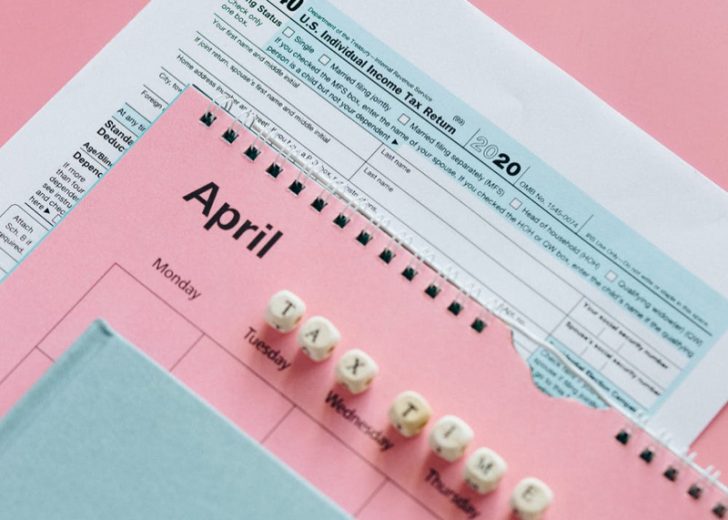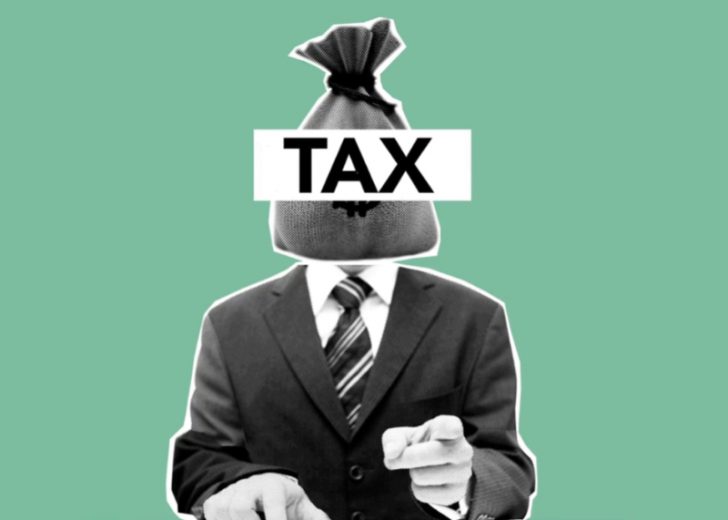The US tax code and strategies of billionaires legally protect their fortunes. In June 2021, ProPublica, an investigative website reported a glimpse of taxes paid by very wealthy people in the world. Based on Internal Revenue Service data for over 15 years, the fact-sheet confirmed widespread suspicions that America’s top 1%, such as Michael Bloomberg, Jeff Bezos, and Elon Musk, paid zero income tax on their earnings while their fortunes swelled by billions!

Using Forbes data, the 25 richest in America enhanced their wealth by $401 billion between 2014 and 2018, but paid a collective $13.6 billion in federal income taxes, only 3.4% of their earnings, nowhere near the new 37% tax rate imposed by the US government on income exceeding $628,300 annually. IRS records reveal that the wealthiest legally pay income tax, a fraction of huge amounts earned annually. The stark reality of the injustice as per the ProPublica report was due to genuine tax records rather than crude estimations. While prompting a hunt for those who leaked the data, global attention was drawn to the American wealth divide and how its highest-earning citizens managed to guard their endless wealth from government taxation.
The Methods

The US tax code does not consider as conventional, the taxable income of much wealth of the ultra-rich. Most American households receive over 60% of their wealth through salaries, wages, and other employment-related benefits, such as labor income. This only declines as their earnings increase, giving more way to various kinds of capital income such as dividends, interest, capital gains or rent. Capital income of the top 1% of American earners equals their labour income, but as earnings margin approaches the top 0.1%, this is mainly capital income. Side-stepping tax avenues exist for the ultra-wealthy as American billionaires build a significant asset or inherit a fortune, borrow against their wealth and fund lifestyles with non-taxable proceeds, deducting interest payments from their income tax. Tax avoidance schemes are a reputational threat to those engaging in them , due to data breach. Embarrassing or not for those responsible, the fact remains that the tactics described in the report by ProPublica are utterly legal and unlikely to be addressed without a fundamental change in America’s tax policy.
Legislative Response

Taxation of the very rich is not new in US politics. There is talk of a wealth tax @0.1 % and President Biden is willing to hike taxes with capital gains tax rate doubled from 20% to 39.6% with additional tax on inheritances. Reducing tax disparity in the US requires expanding types of taxable income or improving taxation rates on income accounted by the system. A mark-to-market tax on unrealised capital gains is effective if workable. Re-valuation of assets over time have little support among lawmakers, but the S.510 revision of Senator Warren’s proposed tax on the net worths of uber-wealthy individuals, has gained support. Repealing “stepped-up basis” tax breaks enabling the rich to pass assets onto heirs free of capital gain tax on those assets’ growth during their lifetimes, is an alternative. The country’s resources are being funnelled into fewer hands. In 1983 the top 1% of earners accounted for 33% of America’s household wealth. By 2016, that proportion increased to 39%, due to the way American taxes are framed.




